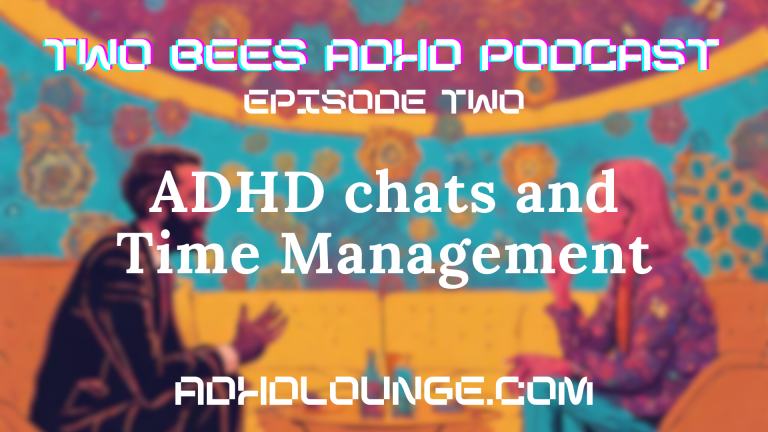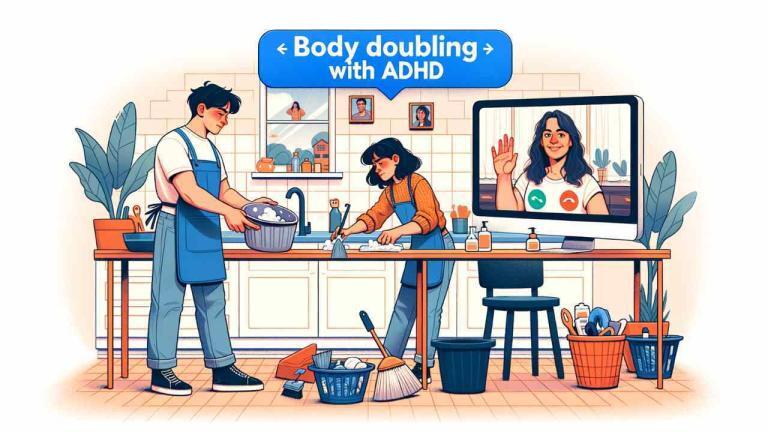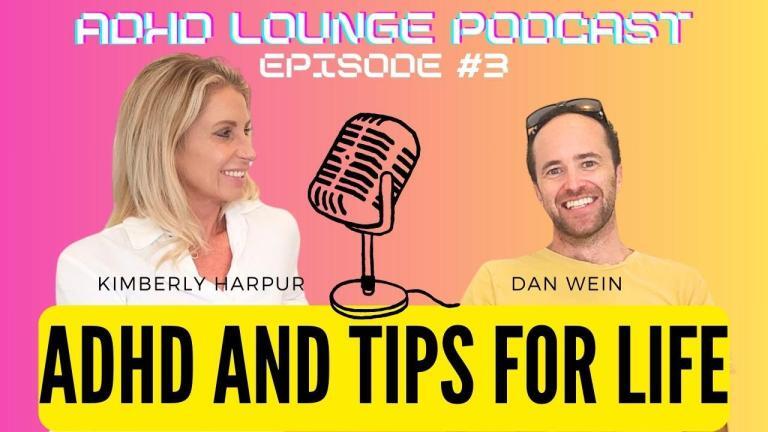How to Spot a Narcissist if you have ADHD

Don't read, just listen:
Are you someone who has recently discovered that you have ADHD? Have you also been a victim of narcissistic behaviour from people around you? If yes, then you are not alone. Many people with ADHD have been exposed to narcissism from family members, peers, and even employers. But don’t worry, because in this post, we will guide you on how to spot a narcissist when you have ADHD.
Narcissism is a personality disorder characterised by a sense of grandiosity, a lack of empathy, and a constant need for admiration. Narcissists tend to manipulate people around them for their own benefit, and can often cause harm to others. If you have ADHD, you may be more susceptible to falling prey to narcissists because of your tendency to be impulsive and easily distracted. However, with the right tools, you can learn how to spot a narcissist and protect yourself from their toxic behaviour.
Look for signs of manipulation
Narcissists are known to manipulate people around them to get what they want. They may use flattery, charm, or even threats to get their way. If you notice someone in your life who constantly tries to manipulate you or others, then it could be a sign of narcissism. Narcissists often use people for their own benefit, and they may not care about the consequences of their actions.
Notice their lack of empathy
Narcissists have a complete lack of empathy for others. They are unable to understand or care about other people’s feelings, and often act in ways that are hurtful or harmful to others. If you notice someone in your life who seems to be completely indifferent to your feelings, then it could be a sign of narcissism. Narcissists are often very self-centered, and they may not care about anyone else’s needs or desires.
Observe their need for attention
Narcissists have an insatiable need for attention and admiration. They may go to great lengths to get attention from others, and may become angry or upset when they are not the center of attention. If you notice someone in your life who constantly seeks attention and admiration, then it could be a sign of narcissism. Narcissists often have an inflated sense of self-importance, and they may believe that they are entitled to special treatment.
Look for signs of entitlement
Narcissists often believe that they are entitled to special treatment or privileges. They may act as though they are above the rules or that they deserve more than others. If you notice someone in your life who seems to believe that they are entitled to special treatment, then it could be a sign of narcissism. Narcissists often have a sense of entitlement because they believe that they are better than others.
Notice their lack of accountability
Narcissists are often unable to take responsibility for their actions. They may blame others for their mistakes or refuse to admit when they are wrong. If you notice someone in your life who is always making excuses or blaming others for their mistakes, then it could be a sign of narcissism. Narcissists often have a hard time admitting when they are wrong because they believe that they are always right.
Pay attention to their behaviour in relationships
Narcissists often have a difficult time maintaining healthy relationships. They may use people for their own benefit and then discard them when they are no longer useful. If you notice someone in your life who has a pattern of unhealthy relationships, then it could be a sign of narcissism. Narcissists often have difficulty forming deep connections with others because they are so focused on themselves.
Look for patterns of behavior that indicate manipulation, lack of empathy, attention-seeking, entitlement, and lack of accountability. It’s important to note that not everyone who displays these behaviors is a narcissist, but they can be warning signs to watch out for.
If you believe that someone in your life may be a narcissist, it’s important to set boundaries and protect yourself from their toxic behavior. This may involve limiting contact with them or even ending the relationship altogether. It’s important to prioritize your own well-being and surround yourself with people who are supportive and caring.
In addition to protecting yourself from narcissists, it’s also important to seek support for your ADHD. ADHD can make you more vulnerable to manipulative behavior, so it’s important to have strategies in place to manage your symptoms and improve your overall well-being. This may include medication, therapy, or lifestyle changes that can help you stay focused and manage your impulsivity.
Look for patterns of manipulation, lack of empathy, attention-seeking, entitlement, and lack of accountability. Set boundaries and prioritize your own well-being. And seek support for your ADHD to help you manage your symptoms and improve your overall quality of life.
Remember, you deserve to be surrounded by people who care about you and support you. Don’t let narcissists bring you down or make you feel unworthy. With the right tools and support, you can live a fulfilling life and achieve your goals, despite any obstacles you may face.


















































